A recent Pew Research Center survey highlights a significant shift in news consumption, particularly among younger Americans, who are increasingly turning to social media influencers for their daily updates. The study underscores the growing role of influencers as an alternative to traditional news outlets and sheds light on the political leanings, demographics, and challenges associated with this trend.

The Rise of Influencers as News Sources
Influencers Shape News Habits for Younger Audiences
According to the survey, nearly 40% of Americans aged 18 to 29 regularly rely on social media influencers for news. Overall, one in five U.S. adults engages with online “news influencers” who discuss current events and civic issues. Among these audiences, 65% reported that influencers helped shape their understanding of current events.
A Study Rooted in Election Context
Conducted in July and August 2024, as the presidential election campaign gained momentum, the study analyzed 500 popular news influencers with followings exceeding 100,000 and surveyed 10,658 Americans about their news consumption habits. Influencers, such as Joe Rogan and Alex Cooper, became pivotal figures in political campaigns, with notable engagement from Vice President Kamala Harris and former President Donald Trump.
Political Leanings of News Influencers
A Conservative Dominance in the Influencer Space
Despite allegations of right-wing censorship, the study found that news influencers are more likely to lean conservative. Key findings include:
- 27% identified as Republican or pro-Trump, compared to 21% who identified as liberal.
- On Facebook, conservative influencers outnumbered liberals 39% to 13%.
- On Instagram, conservatives also held a majority, with 30% to 25%.
“Many Republicans have long believed that social media sites censor conservative viewpoints. But overall, more news influencers explicitly present a politically right-leaning orientation,” Pew noted.
The Role of TikTok and Gender Dynamics
On TikTok, the conservative dominance was less pronounced, and influencers were more likely to express support for LGBTQ rights. Additionally, TikTok had the smallest gender gap among platforms, where male influencers (63%) outnumbered females (30%) across platforms like YouTube, Facebook, and Instagram.
The Absence of Traditional News Ties
Independent Influencers Dominate the Landscape
A staggering 77% of influencers reported no past or current affiliation with traditional media outlets. Those who had ties to traditional news organizations were less likely to express clear political views openly.
Opinion Versus Reporting
Unlike trained journalists, social media influencers often blend personal opinions with factual reporting, presenting challenges for audiences trying to discern unbiased information. Traditional news outlets separate reporting from opinion, but influencers typically produce mixed-content formats like podcasts or newsletters.
The Influence of News Influencers on Elections
Political Campaigns Target Influencers
During the final months of the election, political campaigns increasingly relied on influencers to engage with undecided voters. Their large, loyal followings made them critical for shaping opinions, particularly among younger audiences.
President-elect Trump focused his outreach on influencers supportive of his campaign, carefully avoiding those likely to challenge his policies or record. This approach gave many young voters a favorable perception of Trump as a candidate.
Disclosure Challenges in Political Content
Unlike traditional TV ads, influencers are not required to disclose payments from political campaigns, raising concerns about transparency in political messaging.
Post-Election Shifts in the Social Media Landscape
The Exodus from X to Bluesky
Following the election, many social media users left X (formerly Twitter) due to Elon Musk’s support for Trump and his promotion of misleading election claims. This led to a surge in users on Bluesky, which quickly climbed to the top of the Apple App Store rankings.
Conclusion
The growing reliance on social media influencers for news highlights a fundamental shift in how information is consumed, especially among younger audiences. While influencers provide accessibility and relatability, the lack of journalistic training and accountability presents challenges for ensuring balanced and factual reporting. As campaigns and platforms adapt to this new reality, the role of influencers in shaping political and social discourse will only become more significant.
Follow Us for More Insight on American Leadership and Global Impact
Stay updated with the latest in American politics, leadership, and educational content, covering everything from elections and policy shifts to historical analysis.

